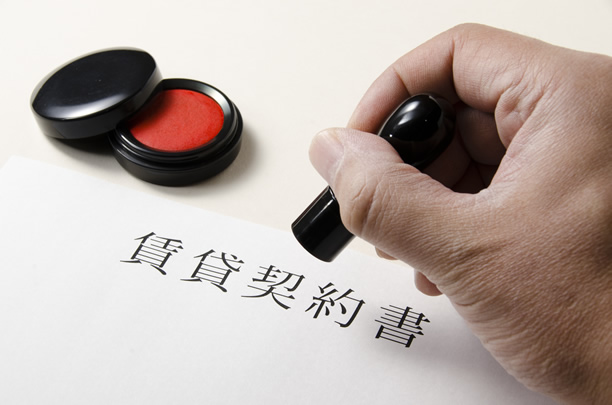Renting Apartments Not an Easy Process
Foreigners who come to Japan either to further their studies or work face tons of problems, ranging from minor and trivial matters to major ones. One of the first major challenges that many international students face when moving to Japan is finding a place to live. Renting an apartment in Japan is a very complicated process filled with all sorts of regulations and procedures, strange acronyms, and more fees than you can possibly imagine.
Prepare Yourself Before Getting an Apartment
If you are unprepared, trying to rent an apartment in Japan is a bit like getting a bunion removed; incredibly exciting, but also slow, painful and requiring a hefty amount of paperwork. Before you start your apartment search, please familiarise yourself with the various steps and processes, rules and so on, below.
The Many Different Kinds of Fees
Although it’s possible to minimize the damage, let’s just say that moving in Japan isn’t cheap and you’ll need to budget accordingly. Basic fees to consider are the deposit, the real estate agency commission fee, plus the first month’s rent, as well as a small fee for property insurance, an annual maintenance fee and a key exchange fee.
You might have to pay key money too, though not all landlords will ask for it and some agents may waive the fee. Consequently, for a standard apartment for 80,000 yen a month, you can expect to pay up to around 400,000 yen in upfront costs before any moving services and the initial costs for setting up your utilities.
- Deposit (one month’s rent) = 80,000
- Key money (one month’s rent) = 80,000
- Agency fee (up to one and a half months rent) = 120,000
- First month’s rent = 80,000
- Property insurance = 15,000
- Maintenance fee = 10,000
- Key exchange fee = 12,000
Do some thorough research of the market and then make a prioritized list of what you want before you take it to the agent along with all the necessary paperwork. Bear in mind that there are certain conditions unique to Japan that will affect the price of a property, as well as regulations about pets and musical instruments. Like I’ve mentioned earlier, some real estate agents waive certain fees like key money and some don’t even require deposits. So if you manage to find those who are very flexible, then you are very lucky!
Size of Apartments in Japan
LDK is a common abbreviation used to describe the size of the apartment. It stands for Living, Dining and Kitchen, and is preceded by the number of rooms. Some examples are:
1K = one room apartment with kitchen
1DK = one room apartment with dining and kitchen area
2LDK = two room apartment with a living, dining and kitchen area
It is no secret that many apartments in Japan are small. If you are used to measuring a room in inches or centimetres, you will need to learn another unit of measurement called jo (畳). Jo is a unit of measurement based on how many tatami mats can fit in a single room.
For example, a “roku-jo” room is one that has 6 tatami mats in it. The exact size of a single tatami mat (ichi-jo) can vary from city to city so it’s best to ask your real estate agent for the exact size.
Is There a Need for Guarantors?
A guarantor is a person who is responsible for your rent in case you default on payment.
Not every landlord requires a guarantor, but almost all places do. Also, if there is a particular apartment you really want to move into which requires a guarantor, you will not have a choice but to find a guarantor to co-sign your application. Japanese nationals often use a family member as their guarantor. As an international student in Japan, you may be asked by the landlord to provide the name and contact info of your school as your guarantor.
There is also an option to use the services of a guarantor company. The guarantor company will charge you a fee, usually about one month’s rent, to act as the guarantor for your application. Usually, you will also have to pay a renewal fee to the guarantor company every two years, so remember to budget for this. If you use a guarantor company, you will most likely also be required to have an emergency contact person in Japan as part of your lease application.











